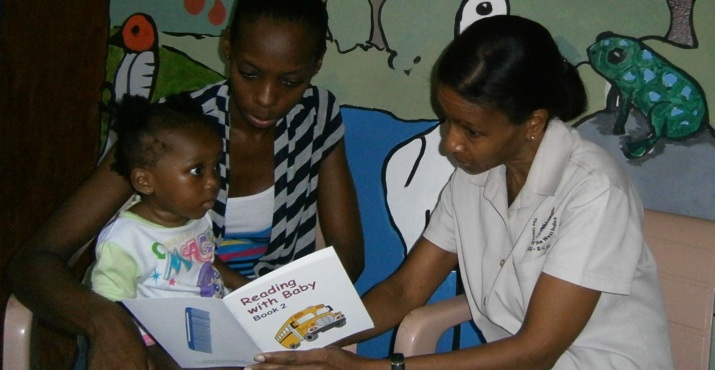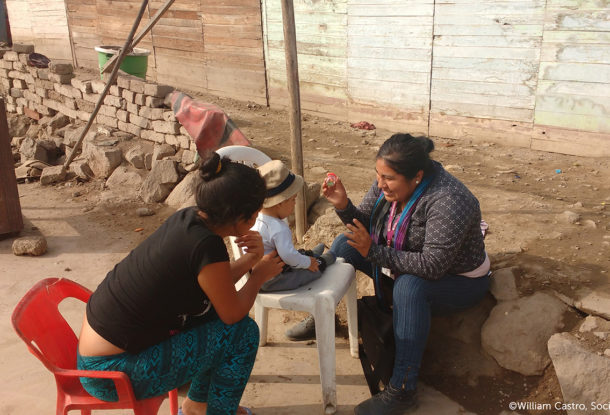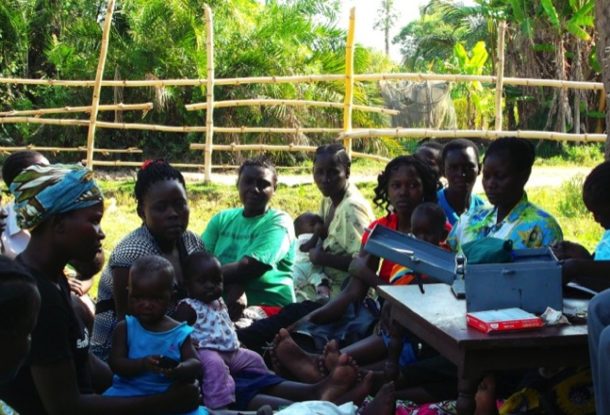This study assesses the efficacy in infants with SCD of an intervention to improve mother-child interactions through play, with an additional component to address parental stress. Mothers of infants aged 6 to 9 months with severe SCD will receive the intervention during six routine monthly clinic visits for penicillin prophylaxis.
The intervention sessions will include videos of positive parenting practices, supervised discussions of the videos, accompanied by activities. Additionally, lessons in problem solving for parents to better cope with the medical and psychosocial challenges of caring for a child with this chronic condition will be taught.
The findings of this intervention will be relevant to efforts to integrate child development with routine health care not only for SCD, but also for children with other chronic health conditions.






